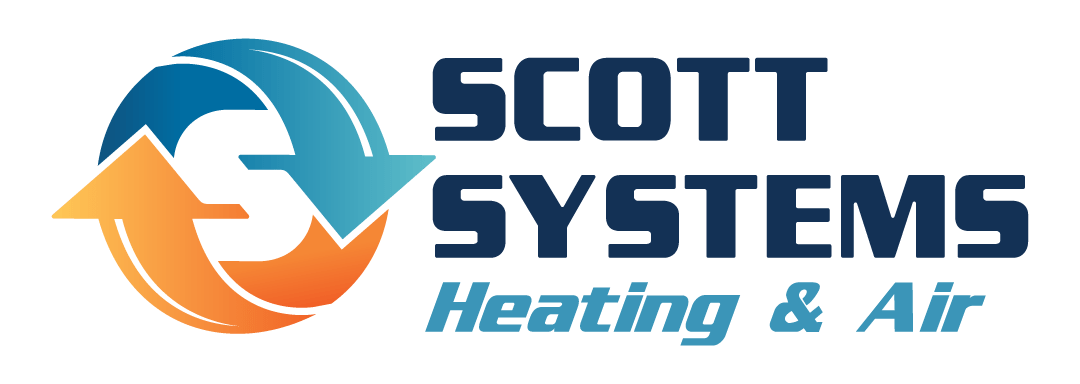3 Facts to Hack Your Thermostat
One of our favorite pastimes here at Scott Systems Heating & Air is saving you money. After four decades in the HVAC business, we’ve learned a thing or two about this, and we want to share some trade secrets with our loyal customers!
If you’re looking for a great way to save some cash, look no farther than that tiny box on the wall your momma told you never to touch! That’s right, there is more to your thermostat than you think.
Degrees to dollars
Did you know it is generally recommended you set your thermostat to 68°F when you are at home? Probably. But, did you also know, for every degree above 68°F in the winter months, you are adding 6% - 8% to your energy use, per degree? If you’re planning to not be home for a few hours, why rack up the bill? Lower your temperature a few degrees to save more than a few dollars.
Setting your thermostat to 74°F in the winter months could be adding 36% - 46% to your home energy use.
Don’t crank it up
Fall has officially landed, but will setting your thermostat to 76 bring in the chill any faster than a reasonable 68?
We’re here to break the news to you: your heater only works at one speed. Pushing it to extremes won’t get you warmer any faster. Our suggestion? Wait it out. A higher temperature won’t make your thermostat work any harder, and it will cost you in the long run.
Keep the doors open
It’s a commonly held belief closed interior doors will save you money on your energy bills. It makes some sense – closing doors to unused rooms means less space to heat, right? Not quite.
Air trapped in the pressurized bedroom, however, doesn't stay contained. It will find ways to escape.
According to Home Energy, when interior doors are closed, the room is placed under pressure because airflow is now blocked.
Any escaping air is replaced in an equal amount, significantly increasing utility bills. This air can come from different sources such as your chimney, water heater, or furnace. Since it isn’t coming through your vents, it isn’t filtered. This means harmful pathogens, dust, dirt, and carbon monoxide can easily slip in with the draft.
We hope you’ll take this information with you and save a few dollars on us. For more great tips, check out our Comfy Club. We’ll keep your units running healthy and strong!
